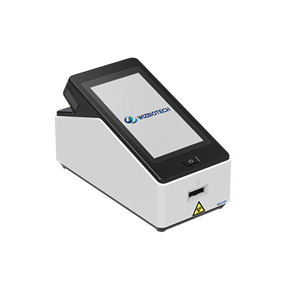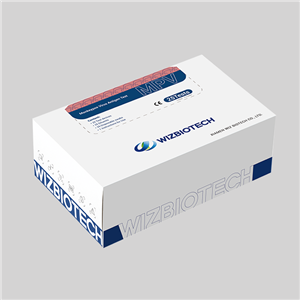How to tell the symptoms of menopause and hyperthyroidism?
During perimenopause, women may experience physical and psychological discomfort due to fluctuations or decreased levels of sex hormones. In addition to menstrual disorders such as irregular menstrual cycles, delayed menstruation, and increasing or decreasing menstrual volume until menopause, the main symptoms include a series of vasoconstrictive and neuropsychiatric symptoms, such as hot flashes, sweating, irritability, anxiety, emotional, palpitations, and insomnia. These are the perimenopausal syndrome, also commonly known as menopausal syndrome. Therefore, in general, when middle-aged women experience these symptoms in their daily lives, most of them will immediately doubt whether I am about in "menopausal" or not.
However, the early symptoms of a disease are pretty similar to those of "menopause" as they often occur among middle-aged (over 35) women. So for patients who are just at the onset of menopause, it is easy to mistake the symptoms of the disease as those of "menopause" which leads to missed diagnosis and mistreatment. The disease is "hyperthyroidism".
The thyroid gland is the largest endocrine organ of the human body. The thyroid hormone it secretes can promote the metabolism and growth of the body, and play an important role in regulating the functions of various organ systems (such as cardiovascular, digestive tract, hematopoietic system, reproductive system, neuropsychiatric system, etc.). Hyperthyroidism is a clinical syndrome caused by increasing secretion of thyroid hormone due to various factors (the most common reason is Graves disease), resulting in increased excitability of multiple body systems (nerve, circulation, digestion, etc.) and hyper metabolism. Its clinical manifestations are diverse, with typical symptoms including overeating, weight loss, fear of heat, excessive sweating, palpitations, insomnia, irritability, diarrhea, etc. Female patients often have irregular menstruation, reduced menstrual volume, and delayed cycles; Physical examination showed exophthalmos, goiter, hand tremor, and other signs.
The thyroid gland is the largest endocrine organ in the human body. The thyroid hormone secreted by it can promote the metabolism and growth of the body, and plays an important role in regulating the functions of various organ systems of the body (such as cardiovascular, digestive tract, hematopoietic system, reproductive system, neuro spirit, etc.). Hyperthyroidism is a clinical syndrome of increased secretion of thyroid hormone due to various factors (the most common one is Graves disease), resulting in the increase of multiple systems (nerve, circulation, digestion, and metabolic hyperactivity). Its clinical manifestations are diverse, and its typical symptoms are excessive eating, emaciation, fear of heat, sweating, palpitation, insomnia, easy excitement, diarrhea, female patients often irregular menstruation, reduced menstrual volume, cycle delay; physical examination has sudden eye, goiter, hand fibrillation and so on.
The latest epidemiological survey shows that the incidence rate of hyperthyroidism in China is about 1.6%, which is a common clinical disease. Although most patients have typical symptoms, 20% of patients with hyperthyroidism still have atypical symptoms. Moreover, the symptoms of hyperthyroidism are not unique, and many symptoms such as irritability, panic, sweating, body heat, and menstrual disorder are similar to perimenopausal syndrome. This leads to some middle-aged female hyperthyroidism patients who are in the perimenopausal or premenopausal period may delay treatment. However, with the extension of the course of disease, a series of typical symptoms of hyperthyroidism will gradually appear. In addition to mental symptoms such as nervousness, irritability, etc., symptoms of high metabolism such as hyper appetite, emaciation, increased stool frequency, protruding eyes, goiter, especially powerful pulse, increased pulse pressure difference, tremors, and tongue tremor will appear, and the feeling of heat, sweating, and panic will also be more serious.
Please keep in mind that if middle-aged females around you experience irritability, palpitations, sweating, body heat, and menstrual disorders, especially those accompanied by excessive appetite, increasing weight loss, or diarrhea, you should suspect menopause and hyperthyroidism at the same time. Go to the hospital for a thyroid test in time to avoid worsening the condition. WIZ Thyroid test kits including TSH, T4, T3, FT4, and FT3 might help clinicians in the diagnosis of hyperthyroidism.
For further information, don't hesitate to get in touch with our salesteam.




